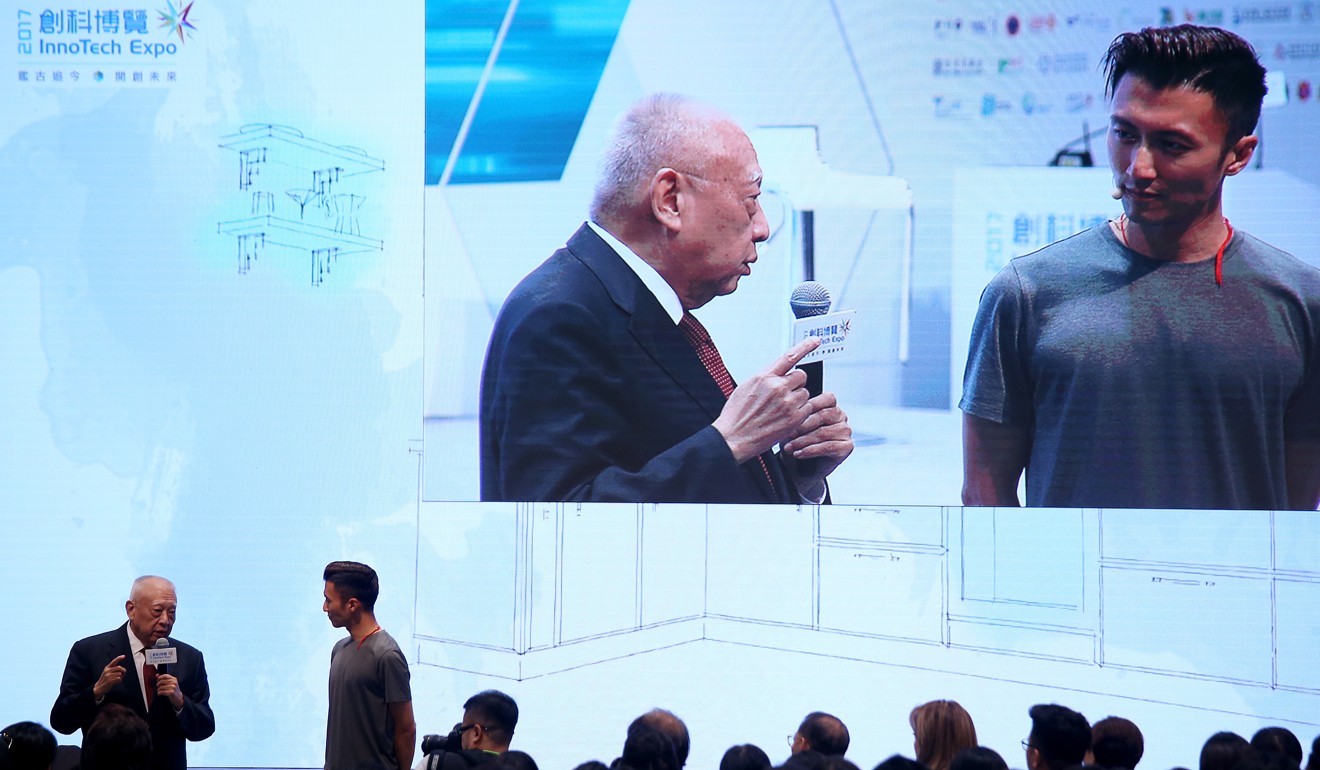
Hong Kong’s start-ups don’t need showbiz and celebrities, they need a dose of reality
Few of the city’s young generation can succeed as business owners and even fewer can succeed as entrepreneurs, and having a celebrity actor say they can does them a disservice
Not since Bette Midler made her first entrance in Hello Dolly has an audience erupted as it did when A-list Hong Kong actor Nicholas Tse Ting-fung, channelling his best imitation of Steve Jobs, strutted the stage last week at an Our Hong Kong Foundation event to announce his new role to guide young people towards fulfilling their tech start-up dreams.
When celebrities like Nicholas Tse wade into the technology and start-up scene as “feel good” messiahs, they trivialise and bypass a discussion of the genuine problems that plague Hong Kong. Being a tech guru has become a trendy way to promote yourself in this city. But, unlike the latest fashion, these dilettantes only insult the genuine labours of experienced entrepreneurs and venture capitalists.
Tse is an inappropriate role model because he has nothing substantial or meaningful to say about technology or business. Hong Kong’s start-up scene needs fewer middlemen and showmen – and more people who can write cheques for seed capital.
“Be high on life” motivational speeches exhorting young people to wave light sticks about and embrace the true and only heaven of entrepreneurship in the face of hopeless economic and home ownership statistics only worsens their plight. When a flat the size of a prison cell costs 37 times the median annual salary, all the showbiz charisma cannot begin to address the underlying problems.
Becoming an entrepreneur won’t narrow this massive income and wealth inequality gap. It diminishes the daunting challenge of transforming Hong Kong’s economy. The young generation is being oppressed by an entrenched oligarch class of property developers, families and conglomerates, who are choking the city’s economic growth to death. But, that’s not an entertaining message.
Tse needs to know that very few people can succeed as independent business owners and even fewer can succeed as entrepreneurs by inventing something new. It is irresponsible for him to encourage young people who are inexperienced in business and life, who possess little capital and even fewer innovative ideas.
He might as well buy his audience members lottery tickets. He does a great disservice to Hong Kong’s struggling youth by not explaining the harsh economic realities and inequalities facing young people that have been wrought by incompetent government policies and a relentlessly greedy rent-seeking class.

Most young people just want what young people everywhere else want – enough employment to raise a family in a decent-sized home. That is becoming unachievable in this city.
Hong Kong risks demonstrating its profound ignorance of the internet as it did in the mid-90s. Ignorant and opportunistic tycoons sprinkled around the terms “e-” and “cyber-” in their businesses. It spawned “Dickson Cyber Concepts”, Dickson Poon’s short-lived stab at trying to convince the market he was an innovator in internet retailing.
The result, 10 to 20 years later, is that China’s internet success is led by mainlanders not Hong Kong Chinese. Friends of mine visiting from Google were astounded how far Hong Kong had fallen behind despite its manifest advantages.
There is nothing upbeat about Tse’s performance because the task before us is enormous and beset by the iniquities of vested interests who desire the status quo. The city’s past policy sins are catching up with us.
Hong Kong’s success needs more talent and vision. Yet, there is no shortage of sycophantic businesspeople willing to support any ridiculous or far-fetched policies from Beijing or the local government.
Our young people should be told that Hong Kong was once one of the most exciting cities in the world and the centre of Chinese capitalism. Everyone admired it as a leading economy. “Sending in the clowns” (apologies to Stephen Sondheim and Barbra Streisand) only mocks the struggle of young people.

